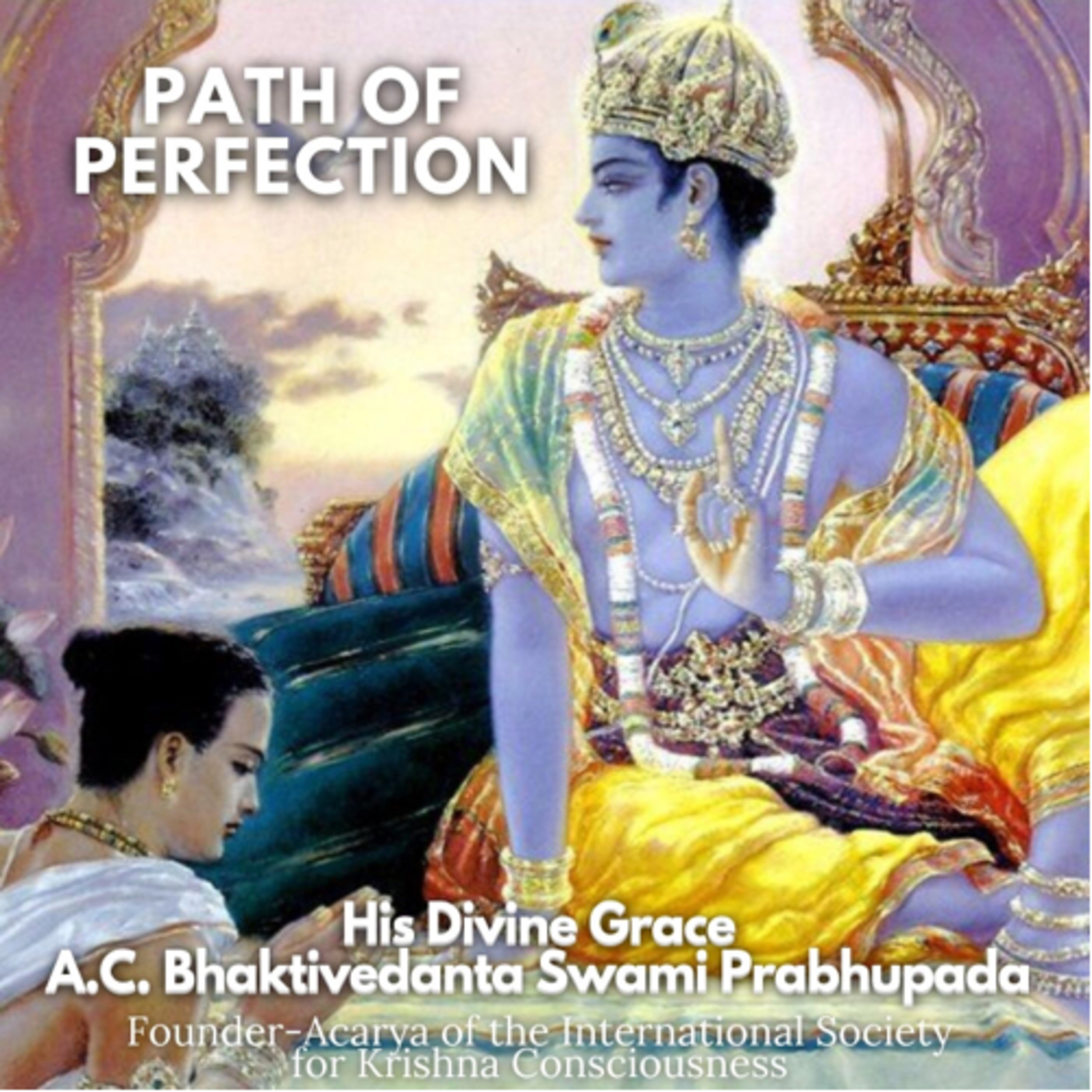- religion
- SEE MORE
- classical
- general
- talk
- News
- Family
- Bürgerfunk
- pop
- Islam
- soul
- jazz
- Comedy
- humor
- wissenschaft
- opera
- baroque
- gesellschaft
- theater
- Local
- alternative
- electro
- rock
- rap
- lifestyle
- Music
- como
- RNE
- ballads
- greek
- Buddhism
- deportes
- christian
- Technology
- piano
- djs
- Dance
- dutch
- flamenco
- social
- hope
- christian rock
- academia
- afrique
- Business
- musique
- ελληνική-μουσική
- World radio
- Zarzuela
- travel
- World
- NFL
- media
- Art
- public
- Sports
- Gospel
- st.
- baptist
- Leisure
- Kids & Family
- musical
- club
- Culture
- Health & Fitness
- True Crime
- Fiction
- children
- Society & Culture
- TV & Film
- gold
- kunst
- música
- gay
- Natural
- a
- francais
- bach
- economics
- kultur
- evangelical
- tech
- Opinion
- Government
- gaming
- College
- technik
- History
- Jesus
- Health
- movies
- radio
- services
- Church
- podcast
- Education
- international
- Transportation
- Other
- kids
- podcasts
- philadelphia
- Noticias
- love
- sport
- Salud
- film
- and
- 4chan
- Disco
- Stories
- fashion
- Arts
- interviews
- hardstyle
- entertainment
- humour
- medieval
- literature
- alma
- Cultura
- video
- TV
- Science
- en
216 - God Can Have His Cake & Eat It (“Path of Perfection” Chapter 3)

How is it possible to understand Him? Sevonmukhe hi jihvādau. By training and purifying our senses, we may come to understand and see God. Presently we are attempting to understand God with impure, imperfect senses. It is like someone with cataracts trying to see. Just because one has cataracts, he should not conclude that there is nothing to be seen. Similarly, we cannot presently conceive of God’s form, but once our cataracts are removed, we can see. According to the Brahma-saṁhitā (5.38), premāñjana-cchurita-bhakti-vilocanena santaḥ sadaiva hṛdayeṣu vilokayanti: “The devotees whose eyes are anointed with the ointment of love of God can see God within their hearts twenty-four hours a day.” Purification of the senses is what is required; then we can understand the name, form, qualities, and pastimes of God. Then we’ll be able to see God everywhere and in everything. These matters are discussed thoroughly in the Vedic literatures. For instance, it is said that although God has no hands or legs, He can accept whatever we offer (apāṇi-pādo javano gṛhītā). It is also stated that although God has neither eyes nor ears, He can see and hear everything. These are apparent contradictions, but they are meant to teach us an important lesson. When we speak of seeing, we think of material vision. Due to our material conception, we think that the eyes of God must be like ours. Therefore, in order to remove these material conceptions, the Vedic literatures say that God has no hands, legs, eyes, ears, etc. God has eyes, but His vision is infinite. He can see in darkness, and He can see everywhere at once; therefore He has different eyes. Similarly, God has ears and can hear. He may be in His kingdom, millions and millions of miles away, but He can hear us whispering, because He is sitting within. We cannot avoid God’s seeing, hearing, or touching. patraṁ puṣpaṁ phalaṁ toyaṁ yo me bhaktyā prayacchati tad ahaṁ bhakty-upahṛtam aśnāmi prayatātmanaḥ “If one offers Me with love and devotion a leaf, a flower, fruit, or water, I will accept it.” (Bhagavad-gītā 9.26) If God does not have senses, how can He accept and eat the offerings that are presented to Him? According to ritual, we are offering Kṛṣṇa food daily, and we can see that the taste of this food is immediately changed. This is a practical example. God eats, but because He is full, He does not eat like us. If I offer you a plate of food, you will eat it, and it will be finished. God is not hungry, but He eats, and at the same time, He leaves the food as it is, and thus it is transformed into prasāda, His mercy. Pūrṇasya pūrṇam ādāya pūrṇam evāvaśiṣyate. God is full, yet He accepts all the food that we offer. Still, the food remains as it is. He can eat with His eyes. As stated in Brahma-saṁhitā, aṅgāni yasya sakalendriya-vṛttimanti: “Every sense of the Lord’s body has all the potencies of the other senses.” Although we can see with our eyes, we cannot eat with our eyes. The senses of God, however, being infinite, are different. Simply by looking at the food that is offered to Him, He eats it. read with us: biglink.to/pathofperfection & check out our website for the catalogue of all the books we’ve read so far www.sravanamdiaries.com